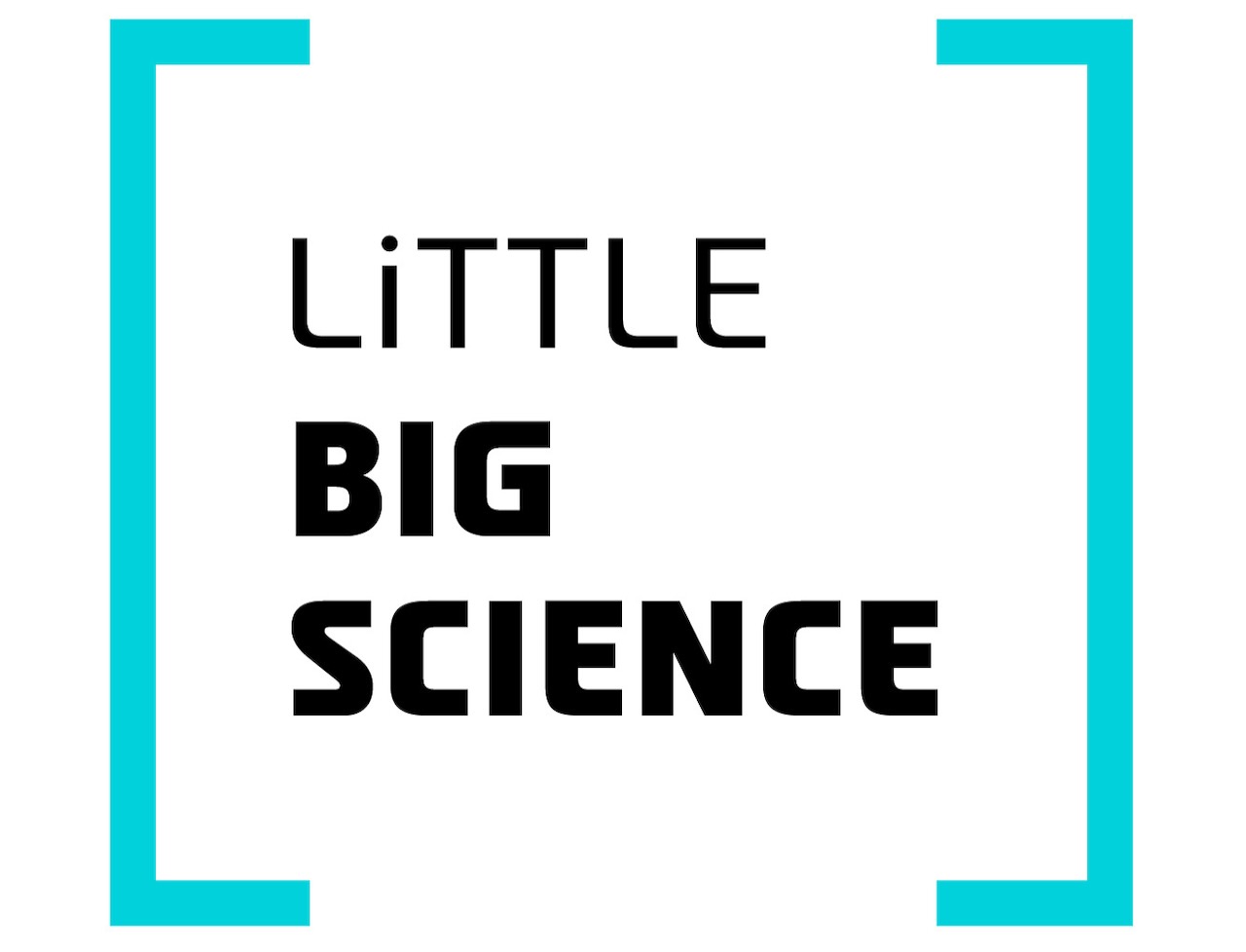
Our brain is capable of recognizing patterns and generalizing information from our experiences – that’s how we learn new things. However, this generalization does not always work in our favor. A new study provides an in-depth explanation of how stress transforms precise memories into overly generalized, and therefore flawed, ones.
Advertisement
Imagine yourself entering a dark shed in your backyard. Suddenly you jump with fear—a huge snake lies coiled on the floor! After your heart stops racing you turn on the light, only to realise that the scary snake was just an ordinary garden hose.. This phenomenon, known as "overgeneralization" [1], occurs when the brain extends the negative meaning attributed to a specific stimulus (for example, a serpentine shape) to similar stimuli, prompting it to respond as if they were the original threat.
In general, the human brain excels at recognizing patterns and linking a stimulus to an appropriate response, which requires generalizing from individual cases. In some situations, such generalization is critical for survival—for instance, when deciding whether a rustle or a slight movement at the edge of our vision might signal the presence of a predator from which we should flee. Yet, over-generalization can sometimes work against us. In fact, overly generalized memories are a prominent feature of post-traumatic stress disorder (PTSD) and anxiety disorders [2, 3]. The inability to distinguish between safe and dangerous stimuli forces individuals into a state of constant hypervigilance, exacting a significant psychological and physical toll.
A new study [4] published in the journal Cell examines how stress interferes with the brain’s memory mechanisms and disrupts our ability to discern nuances. To investigate overgeneralization, the researchers used a mouse model and studied how the mice learn to associate a specific sound with a painful stimulus. Under normal conditions, after a brief training session, mice freeze every time they hear the "scary" sound associated with pain and ignore other, "non-scary", sounds. However, the study showed that mice exposed to stress shortly before training froze in response to additional sounds beyond the trained "scary" tone—indicating overgeneralization.
The researchers obtained similar results when they injected the mice with the hormone corticosterone before training, even without exposing them to stress. Corticosterone is the mouse equivalent of cortisol, our primary stress hormone. In contrast, when the researchers blocked the hormone’s activity in stressed mice using a drug, the overgeneralization effect completely disappeared. These experiments led them to conclude that corticosterone is responsible for over-generalization in the brain, influencing the way unpleasant memories are stored.
Let’s take a moment to discuss how memories are formed and stored in the brain [5]. Although the precise mechanisms are still under investigation, we know that different memories are kept by coordinated activity between groups of neurons distributed throughout the brain, known as engrams [6]. These neurons tend to fire together during memory formation and later during memory retrieval. The process that determines which neurons join an engram is somewhat random—cells that were highly active during memory formation become part of the engram, while those that were not as active do not. Additionally, inhibitory neurons silence those that were only marginally active, preventing them from being incorporated into the engram.
The researchers then focused on how corticosterone causes overgeneralization. They concentrated on the amygdala, a brain region known for its critical role in processing stressful or frightening memories and forming conditioned responses to such stimuli. Using genetic manipulations and advanced imaging techniques, they demonstrated that under normal conditions only a limited number of cells in the basolateral amygdala participate in forming the memory linking the "scary" sound with pain. These cells then respond exclusively to the "scary" sound and ignore the "non-scary" one. In contrast, in mice that experienced stress before training, a larger number of neurons were recruited into the memory, and these neurons subsequently responded to both the "scary" and "non-scary" sounds. Moreover, the researchers showed that corticosterone causes the release of molecules that suppress inhibitory neurons. When the action of these molecules was disrupted, the engram reverted to its original size, and the mice responded only to the "scary" sound. In other words, the stress experienced by the mice interfered with the regulatory mechanism controlling the engram’s size, causing it to become larger, more generalized, and less precise—thereby leading to overgeneralization.
The researchers emphasized that their study, which focused on frightening memories, raises intriguing questions: Does stress affect other types of memories in the same way? Might it blur the boundaries even for positive or neutral memories? And what about chronic stress? These are mysteries that future research may help resolve. Furthermore, the method by which they neutralized the effect of stress—such as by administering an anti-cortisol drug—could open new avenues for treating conditions where overgeneralization severely impacts individuals suffering from PTSD and anxiety disorders. The more we learn about these mechanisms, the better we will understand the profound impact of stress on the mind and potentially develop effective treatments to ease this burden.
Hebrew editing: Smadar Raban
English editing: Elee Shimshoni
References:
[1] Article about fear generalization
[2] Article about post-traumatic stress disorder
[3] Study demonstrating over-generalization in humans with PTSD
[4] The mouse over-generalization study
[5] Article about different types of memory







